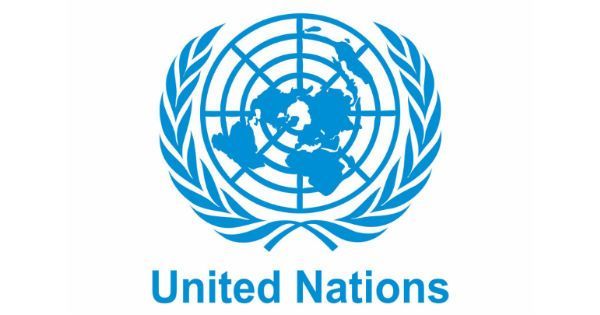
On Thursday, the Ministry of External Affairs criticized the concerns expressed by United Nations human rights experts about the political and religious rights of Muslims in Jammu and Kashmir, saying their observations were deplorable , riddled with hasty conclusions and based on inaccurate assumptions.
The assertions came after two experts from the United Nations Human Rights Council warned that the constitutional changes of 2019 in Jammu Kashmir could curtail political participation of Muslims and other minorities and lead to potential discrimination in employment and land ownership.
The loss of autonomy and the imposition of direct rule by the government in New Delhi suggests the people of Jammu Kashmir no longer have their own government and have lost power to legislate or amend laws in the region to ensure the protection of their rights as minorities, said Fernand de Varennes, Special Rapporteur on minority issues, and Ahmed Shaheed, Special Rapporteur on freedom of religion or belief, in a statement.
The experts added that the number of successful applicants for domicile certificates that appear to be from outside Jammu and Kashmir raises concerns that demographic change on a linguistic, religious and ethnic basis is already underway.
On August 5, 2019, the Narendra Modi government revoked Article 370 that stripped Jammu Kashmir’s statehood, scrapped its separate constitution and removed inherited protections on land and jobs. To forestall any public protest, authorities imposed a security clampdown and total communications blackout.
A slew of administrative changes followed. A new domicile law was rolled out making it possible for any Indian to become a permanent resident of the region, entitling them to residency rights and government jobs. Many Kashmiris view the move as aimed at engineering a demographic change in India’s only Muslim-majority region.
The UN experts said the new domicile law overrides previous laws which granted the Kashmiri Muslim, Dogri, Gojri, Pahari, Sikh, Ladhaki and other established minorities rights to buy property, own land, and access certain state jobs.
They said that it may have the potential to pave the way for people from outside the former state of Jammu Kashmir to settle in the region, alter the demographics of the region and undermine the minorities’ ability to exercise effectively their human rights.
In their statement, the experts urged the Narendra Modi government to ensure that the economic, social and cultural rights of the people of Jammu Kashmir are protected. They said they were in contact with the government on this matter.
But India has denied this, saying that the experts published their observations without consulting the government.
It is deplorable that the Special Rapporteurs after sharing their questionnaire on 10 February, did not even wait for our response, the Ministry of External Affairs said in a statement. Instead, they chose to release their inaccurate assumptions to the media.
The government alleged that the UN release had been deliberately timed to coincide with the visit of a group of foreign ambassadors to Jammu Kashmir.
The foreign ministry added that the UN experts had also failed to take into account the steps aimed at ending decades of discrimination, enshrining democracy at the grassroot level through successful conduct of local elections for the District Development Councils, and ensuring good governance through back to village program.
The government also accused the experts of ignoring what it called the positive impact of extending laws applicable to the rest of India to Jammu Kashmir, which it held had enabled the people of the region to enjoy the same rights as available to people in other parts of India.
As for the apprehensions of demographic change, the government said that the fact that an overwhelming majority of domicile certificates issued are to the erstwhile Permanent Resident Certificate holders shows that these “fears are baseless and unfounded”.
This press release calls into question the larger principles of objectivity and neutrality that the SRs are mandated by the Human Rights Council to adhere to, the foreign ministry added. We expect the Special Rapporteurs to develop a better understanding of the issues under their consideration before jumping to hasty conclusions and issuing press statements.




